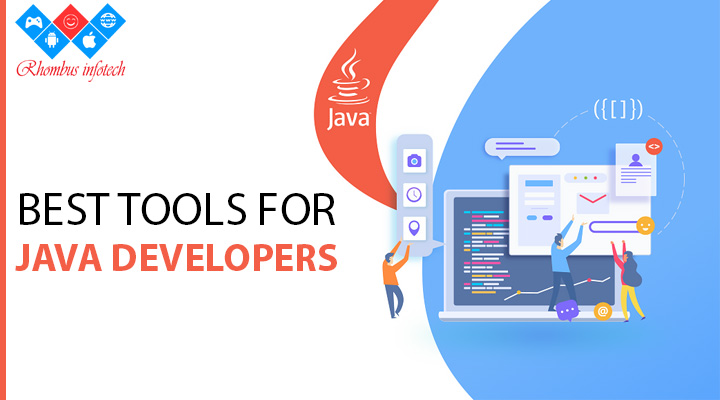If you are a web developer or app developer, you will indeed spend most of your coding life in Java app development or Java web development. This is one commercial-grade programming language; you can’t maintain a strategic distance from.
There are two schools of considerations about Java; there is one that says Java is one of the easiest and all the more dominant programming dialects going around and at the opposite finish of the range are people who state it is a language challenging to utilize and is very intricate.
Whatever the way of thinking you subscribe to, there is no uncertainty that you must get your Java coding right. One of the methods for guaranteeing you write richer and sans bug Java code is by utilizing the numerous tools that are available to you. Every one of these tools tends to different developer concerns, but there is one essential topic going through them, and that is – they offer brilliant help for coding and development.
There are many tools available for Java management. These software ease the entire process of developing, testing and deployment in Java. Here is the list of Top tools with their features:
1) JUnit:
JUnit is an open source unit testing tool for Java programming language. It is important tool for test-driven development and deployment.
Features:
2) NetBeans:
NetBeans is FREE, open-source IDE. It allows developing desktop, mobile and web applications.
Features:
3)Apache Maven:
Apache Maven is a software Project Management Tool. It is based on the Project Object Model (POM) concept.
Features:
4) JRat:
JRat is a Java Runtime Analysis Toolkit. It is easy to use, open source performance profiler for the Java platform. It can monitor application’s execution and performance measurements.
Features:
5) Mockito:
Mockito is an Open Source Java Mocking and Unit Testing Tool. Mockito is a popular open source Java mocking framework. It helps developers to write clean, well-designed and loosely-coupled code.
Features:
6) Clover:
Clover is a Java tool for generating code coverage reports from unit tests. It can be executed as a plugin in Ant, Eclipse, or Maven. It can also use to collect coverage data of integration tests.
Features:
7) Ehcache:
Ehcache is an open source, standards-based caching tool for Java language. It is robust, proven, full-featured tool which can be integrated with other popular libraries and frameworks.
Features:
8) VisualVM:
VisualVM is a visual tool for integrating command-line JDK tools. It also offers lightweight profiling capabilities. It is designed for both development and production time use.
Features:
9) Gradle:
Gradle is a project automation Java tool. It builds on the features of Apache Ant and Apache Maven. It also serves as the default build tool for the Android platform.
Features:
10)Eclipse:
Eclipse is an open-source integrated development environment for Java. It offers modern features, large numbers of modeling tools, java testing tools, and development frameworks.
Features:

